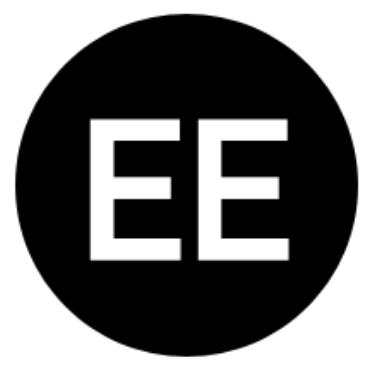One trick I enjoy using myself or seeing used is efficiency through the removal of activities, habits, belongings, or other “non-positives”. I classify non-positives as methods of spending time that do not directly contribute to larger goals that you are currently working towards. These can be distracting activities (I’m talking to you, youtube), nagging thoughts on your mind, or anything else that may take resources, and especially time, from better uses. As I have to remind myself on occasion, time is my one non-renewable asset, and it should be considered seriously.

These non-positives can vary from one person to another and depend on the circumstances. If I’ve blocked out time to wind down for bed, perhaps the activities I consider non-positives are different than my considerations around lunchtime. I’ve found some items are consistent non-positives for me, such as certain foods/drinks, some forms of entertainment (e.g. tv shows), and regular chores (e.g. shopping). Some of these I’ve removed, others are at other stages of removable (based on the cost-benefit of the solution), and others I still have to work on.
If we want to take this to the extreme, we might consider eating, or even sleeping, to be non-positive. After all, they only indirectly contribute to a larger goal we’re focused on. For these so-called essentials, I find it helpful to try and trim the overhead around the essential activity to save time. For instance, falling asleep 15 minutes faster will effectively save 15 minutes per day (try these tips). Cooking a meal that meets your standards in half the amount of time will also make an impact (think of a microwave). Similarly, if it’s possible to eat a meal faster or more efficiently in a way that your body accepts without complaint (think of a smoothie), that could also be useful optimization.
Why do I care about seemingly trivial tasks? I think of it as investing my time wisely, and the investment compounds over time. If you start removing non-positives sooner, you’ll save more time in the long run, and potentially some of the additional time to think about removing other non-positives. Plus, it’s a good habit to build. In short, I don’t see much of a downside while there’s potential for significant upside.
As a footnote, I’ll add that one activity I’ll be partaking in shortly is tracking how I use my time throughout the day. I’ve read many accounts that a person’s initial estimates of where time is used and the actual data rarely correlate well. Allocating time properly is a skill that everyone can improve upon.
Weekly Extreme Exception
If you’re a snowboarder, removing the obstacles between you and the mountain brings you closer to your sport (and your goals, if that’s what you want to do). Mike Basich decided to live directly on the mountain and forego a few conveniences of a traditional 21st century American home. While this exact solution is targeted towards snowboarding, this video shows one man’s take on how to go about removing non-positives, and in doing so, creating a unique environment to focus on the things you find important. Plus, it’s a pretty nice tiny house!

